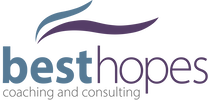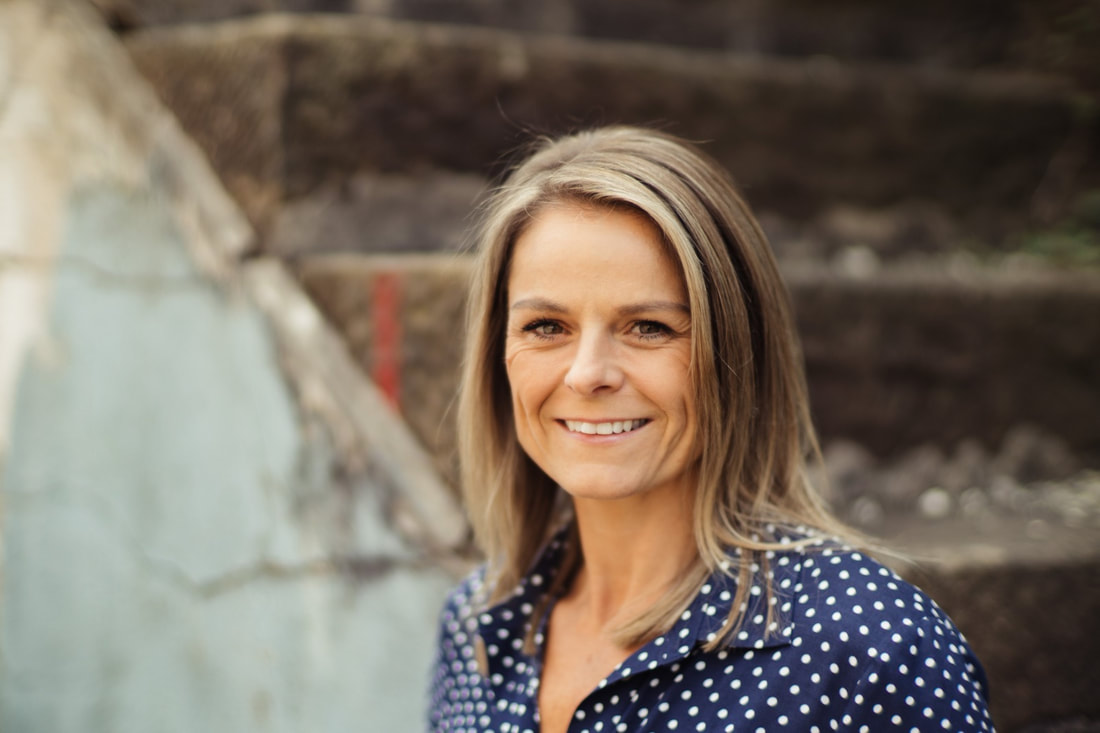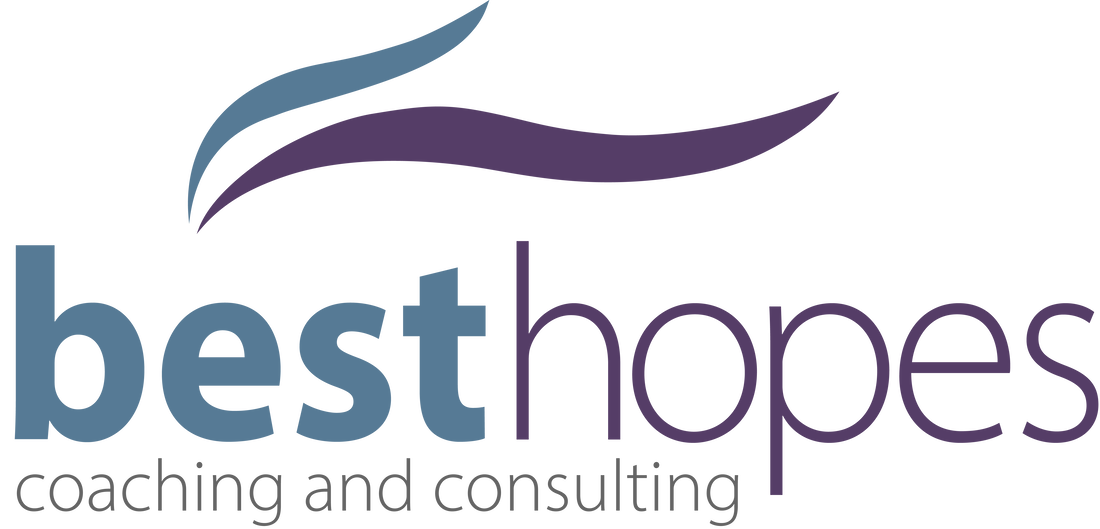|
New Year is usually a time for New Year’s ‘resolutions’, a time where our desire to better ourselves seems to be at its peak, and we are motivated to make the changes to be fitter, healthier, and happier. “New Year, New you”, the catchphrase, speaks to us on so many levels, and it’s not always about being physically stronger, your New Year’s resolution could equally be to be mentally stronger, to be more resilient, to be less stressed, or to progress in your career. The Christmas break is the perfect time for you to pause, reflect and reset, and to re-evaluate what is important to you and what will be your number one priority for the year ahead. 2023 can be the year of you…the year when you finally commit to invest in yourself. So, whether you have your eyes set on a new fitness regime, a personal development programme, or that leadership development programme, it’s about taking that first step to discovering your potential. We all have those best intentions, the desire to make changes to be a better version of ourselves, but how many of us are committed to seeing that change through, and turning that desire into determination? The fact is gym groups nationwide rejoice in a hefty membership base of people who simply had the desire to change, but simply don’t go. Similarly, how many of you have researched leadership development programmes, with a desire to move into your zone of growth and thrive, only to park the idea when you’ve returned to the busy day to day reality? However, for the determined amongst us, it is our commitment to ourselves, that is our accelerator for change, and that will see us through to our goals. Just as we have a desire to improve our physical health and fitness, the desire to succeed in our professional life requires consistency and commitment. “We all have dreams, but to make dreams come into reality, it takes an awful lot of determination, dedication, self-discipline, and effort.” Jesse Owens, 4x Olympic Gold Medalist. We have all had those tough days at work when we question the point of it all and it is our sheer commitment that keeps us going. There are reasons to carry on, whether they be moving away from failure, fear of judgment and financial loss. We don’t really need ‘motivation’ to avoid a negative consequence, we dig deep and commit. The avoidance of pain is a much better predictor of success than motivation alone. However, we can’t perform without both motivation and commitment, it is our motivation, our energy and inspiration that fuels our commitment, and it is our commitment to succeed that enables us to push through those psychological barriers when our motivation is wearing thin. So, whilst we pause and take a few days rest over Christmas, take a few moments to think about what is important to you, and where do you want to be in 1,2,5 years and make that commitment to yourself to get there! Commitment usually begins with actions being planned and diarised…it is NOT a feeling. Find out how the Exducis code can help you access ultimate GRIT and commitment to self so that you can develop and elevate your potential in 2023
0 Comments
How do you know if you have imposter syndrome? The telltale signs that you are suffering, and what to do about it. Read on to discover the 4 signs you are too hard on yourself: Sign 1. Perfectionism Having really high standards and taking longer than others might when completing a task. This can lead to procrastination too because of the perceived effort a task will actually take ( to make it perfect) vs the reality of what is actually required to complete the task to a good standard. You may also find it very hard to let go and delegate tasks adding to your workload and stress levels. Sign 2. Being a ‘natural genius’ You have always had a need to be ‘top of the class’ or to be known as the expert at work. This is where you get your validation that you are doing well and all is well. If you make a mistake, it feels like the end of the world, and you recriminate yourself to no end. You avoid taking on something new that you’re not sure you’d be good at or you feel anxious and overwhelmed by an unfamiliar task. Sign 3. Being over independent Not asking for help when it is needed or when indeed missing opportunities to up-skill team members. You may be really helpful to others but have a barrier to admitting you need support yourself. Colleagues may even find you to be quite a ‘closed’ person or they may perceive that you feel you are better than them (even when this is the exact opposite of how you feel.) Sign 4. Seeking an internal and external validation of experience Certifications, degrees and training are all great ways of showing competence but a lack of trust in your own ability to put your skills into practice can mean you are constantly striving to ‘prove’ your ability through attainment. Indeed, seeking feedback and responding to that is usually the most effective way to enhance performance once you are beyond the ‘training phase’ of your role. The paradox with imposter syndrome is that people who underestimate their ability are more likely to be competent! Self-doubt is natural but can be debilitating if we do not know how to manage it effectively. Wisdom isn't found in certainty. Wisdom is knowing that while you might know a lot, there's also a lot you don't know. Wisdom is trying to find out what is right rather than trying to be right. Wisdom is realising when you're wrong, and backing down graciously. Don't be afraid to be wrong. Don't be afraid to admit you don't have all the answers. Don't be afraid to say "I think" instead of "I know." This is a fine attribute of an effective leader and shows high competence in emotional intelligence. Does this sound like you? The good news is you can manage the negative self talk, free yourself from the crippling self doubt and conquer the inner critic once and for all. besthopes has a unique approach underpinned by the philosophy of Solution Focus, Positive Psychology, Emotional Intelligence and the development of Mindfulness to maximise potential. Find out more about the services we offer: besthopes Jane ViljoenFounder and Lead Coaching Psychologist |
|
Everyone is unique
Contact us to start building your own tailor made approach |
Proud to be trusted by...
Copyright @ 2023 Best Hopes Coaching and Consulting Ltd.
All Rights Reserved Disclaimer Terms of Use Privacy Policy |




 RSS Feed
RSS Feed
